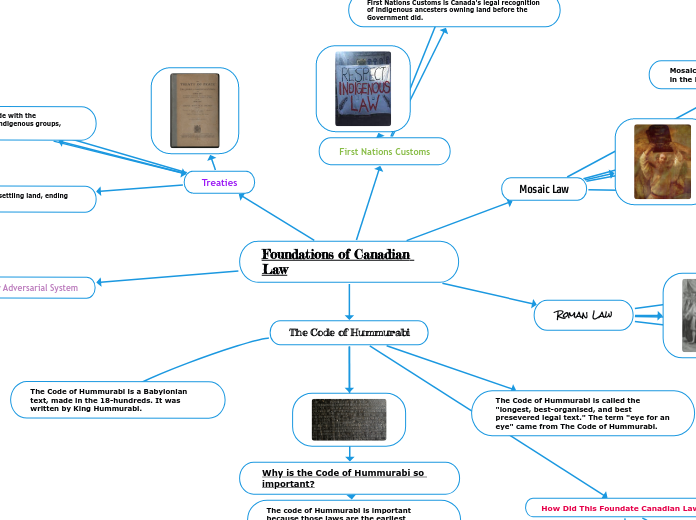Disarmament
Disarmament in 1930’s
Geemany was now part of teh League for over six years, so they thought that they should be treated more equally
The problem was that the League didn’t know if nations should disarm to the level of Germany shoupd be able to rearm
October,1933
Hitler withdrew from the Disarmament Conference, and also then Germany was out of the League
June,1933
Britain produced an ambitious disarmament plan
May,1933
Hitler promised not to rearm Germany, if other nations destroyed their arms
February, 1933
Hitler became Chancellor, He started to rearm Germany, secretly
January, 1933
Germany announced it was comming back
December, 1932
An agreement was reached to treat Germany equally
September, 1932
Britainsent Germany a note in order to agree equality, it the superior tone got Germans even more angry
July,1932
Germany proposed to all the countries to disarm at their level
In the 1030’s the League was under pressure to do something about disarmament, because Germany was angry about the fact that they weire forcedto disarm and other nations didn’t do the same
Also other natios were spending more money in their armaments than before the First World War
Disarmament in 1920’s
The most important agreement were The Locarno Treaties and The Kellog-Briand Pact
The Kellog-Briand Pact
The Kellog-Briand Pact marked the highest point of international relations
It´s terms were
The settlement or solution of all disputes shall only be sought by peaceful means
The parties condem war as a means of solving international disputes and reject it as an instrument of policy
The Locarno Treaties
In 1925 France, Britain, Germany, Italy, Poland, Belgium and Czechoslovakia met in Locarno in order to negotitate
Germany Finally was accepted in the League of Nations and it was welcome in 1926
France and Geemany accepted to take their fights into the League of Nations
Germany accepted Rhineland to stay as a demilitarised zone
Germany accepted borders with France and Belgium that were taken out in the Treaty of Versailles
Britain and Italy would protect France if Germany didn’t obey
The failure of disarmament damage the league reputation in Germany, Germany was disarmedbut no other countries would dare disarm at the same extent
Countries were not prepared to give up their own armies
USA, Japan, Britain and France agreed to limit the size of their navies in a conference in 1921, but that was as far as disarmament ever got
The league largely failed in bringing disarmament









